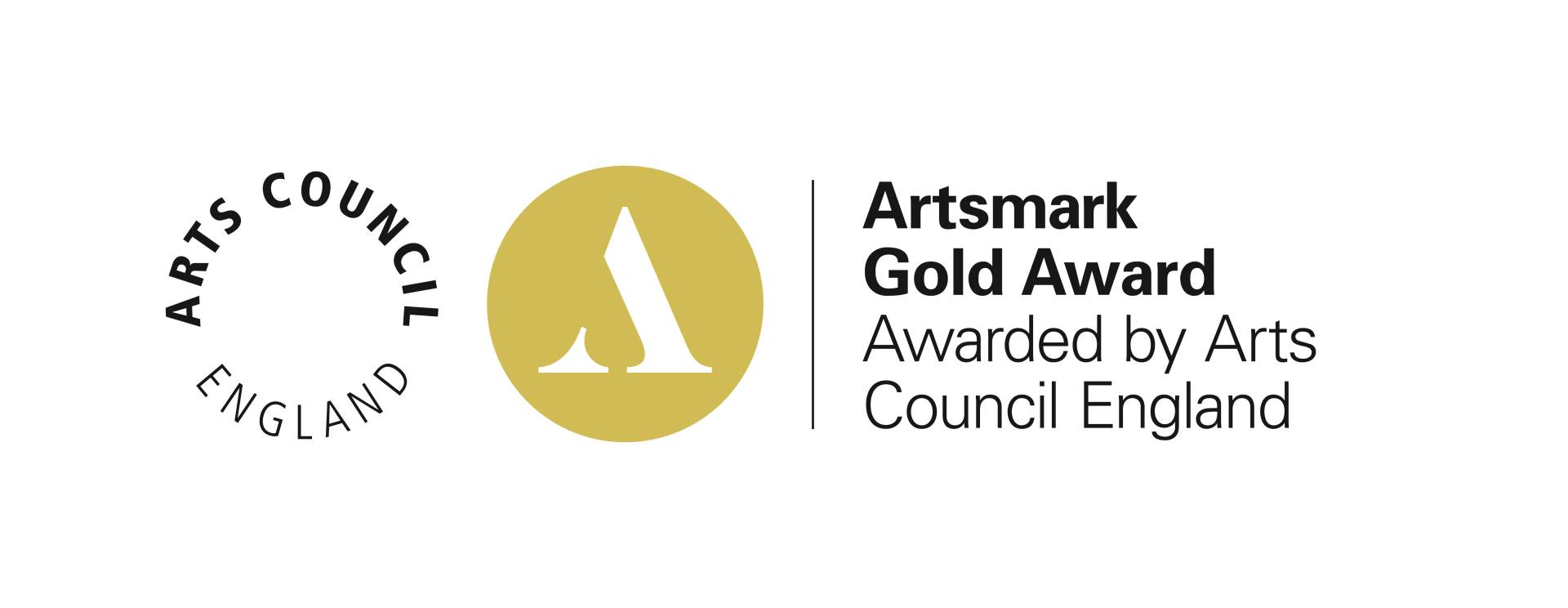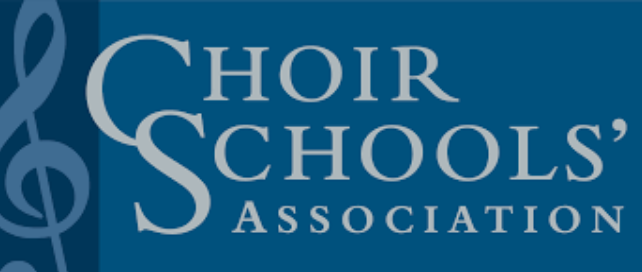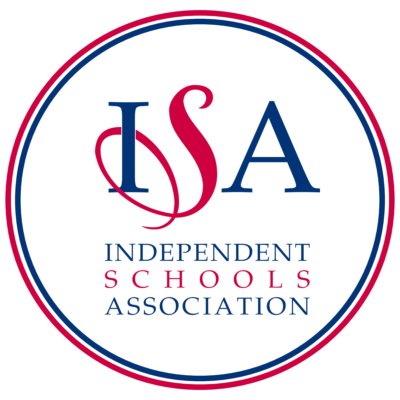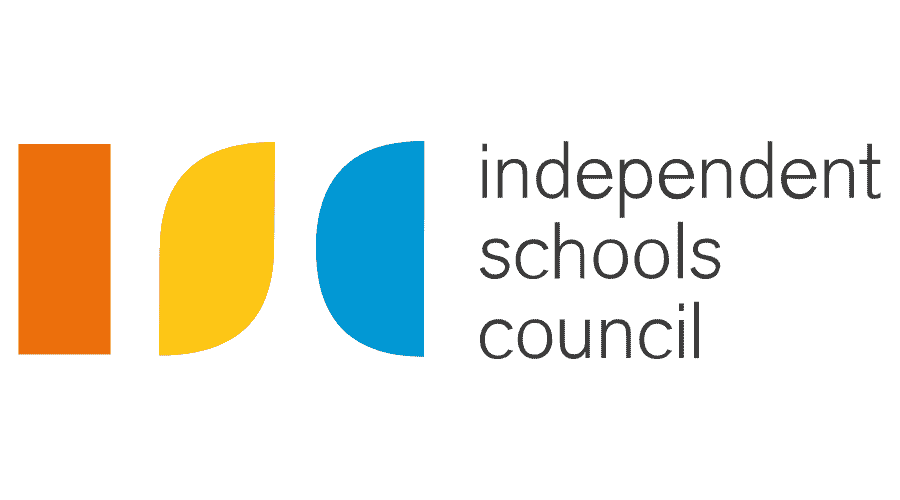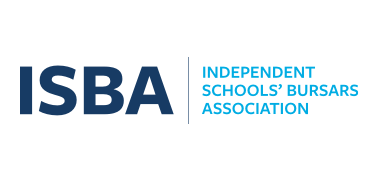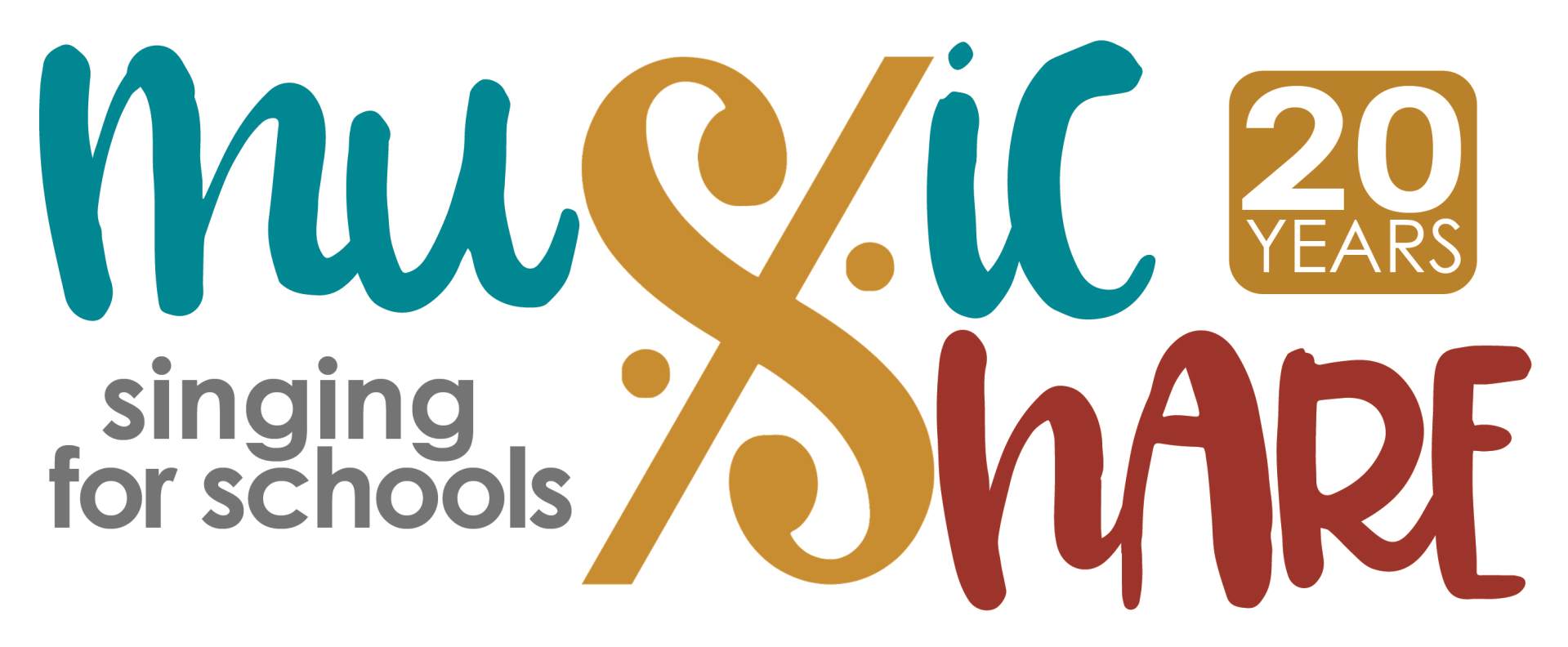3 skills needed for future jobs
Research by the World Economic Forum has identified the three critical skills that students will need for the jobs of the future:
1. Problem solving
2. Collaboration
3. Adaptability
Problem solving
Students who are competent problem-solvers approach problems with curiosity, ready to embrace the challenge before them. Working independently or with others, students study the situation and ask questions to identify the root cause of a problem, collaboratively brainstorm potential solutions once the cause is verified, experiment and test solutions on a small scale, review the outcomes of those tests, scale up the best solution and keep monitoring the solution to ensure that it’s truly solving the problem. Along the way, students build and rely upon the building blocks of problem-solving: creativity, data analysis, perseverance and critical thinking.
How do we do this? For us, this is about highlighting the way students have worked through problems, naming and describing the steps they have used and reiterating how the process solved the problem. It’s about making sure pupils feel confident enough to give it a go and know that it’s okay to fail, because that’s how we learn. It’s about teaching a range of strategies for problem solving, especially for when they feel stuck. It’s about teaching pupils to be resilient, to not give up. It’s about open-ended questions and expecting pupils to come up with a solution, rather than doing it for them.
Collaboration
At its core, collaboration is about working well with others, sometimes as a team leader and other times as a team member. Collaborative students are influential with and influenced by good data and effective persuasion and they show a willingness to change their minds when confronted with evidence that’s contrary to their initial beliefs. Effective collaborators build relationships with all personality types, working styles and backgrounds, acting quickly to lower tension and resolve conflicts within any team. And, they are respectful communicators, whether communicating in person, on camera, via audio, when writing in any form or actively listening.
How do we do this? We encourage group work in the classroom, rotating group members and roles to ensure everyone experiences a range of responsibilities. It’s about teaching students how to conduct peer evaluations that offer honest, constructive feedback. It’s about group work that doesn’t just generate ideas, but requires pupils to prioritise options. Essentially, pupils are encouraged to develop good interpersonal communication, conflict resolution and task management skills in every aspect of school life - in the classroom, while in a sports team, during educational visits and during afterschool clubs.
Adaptability
Adaptability skills range from a certain comfort with uncertainty, sudden changes and unfamiliar circumstances to the ability to make effective decisions and develop innovative solutions under pressure. Students who are adaptable shift seamlessly from following to leading and back again. They welcome opportunities to learn new topics, master new skills and test themselves.
How do we do this? Taking part in competitions, undertaking the Duke of Edinburgh’s Award Scheme and signing up to overseas challenges are palpable manifestations of embracing adaptability, but we teach this skill every day, in all aspects of school life. Adaptability and resilience go hand-in-hand, along with self-regulation of emotions. It’s about overcoming the fear of failure, by understanding that success comes from failing and learning from it. We recognise effort, we build community among peers, we encourage pupils to take risks and benefit from self-reflection. It’s about hands-on learning, practical challenges, case studies. It’s about developing a life-long love of learning.
By centring individual skill-building and classroom learning around problem-solving, collaboration and adaptability, LCS offers its students the greatest possible opportunity to succeed in the global economy of the future.
Inservi Deo et laetare







